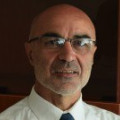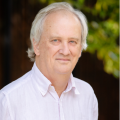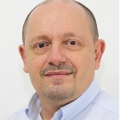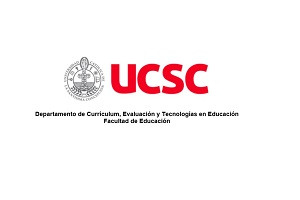
Nineteenth International Conference on Technology, Knowledge, and Society
- Whose Intelligence? The Corporeality of Thinking Machines
- 13-14 April 2023
- University of Malta, Malta + Online
A commonsense distinction is often made between natural and artificial intelligence. Natural intelligence is moored to our species innate biological makeup and unique capacity for creativity and meaning-making. The meanings we make are embodied in individual personhood and form the basis of community identities. As social beings that create order, we've built infrastructures for the production and ownership of these knowledge systems that frame what we know, how we know, and in a recursive sense what our individual and collective right to it.
Artificial intelligence, on the other hand, is often seen to be pre-determined by a mechanical nature. It is a product of our species but at the same time something very different – its own kind of “living thing” humming away in the grey-blue light of server farms, our post-industrial version of the factory. In this distinction, machines, technologies, and algorithms become disembodied players in collecting, producing, and owning human knowledge. And when they do, we sometimes allow artificial intelligence to operate under different social rules – the very same rules we established for creators of knowledge to protect their moral, political, and economic rights. However, this physical distance belies a dependence up human, embodied intelligence. Artificial intelligence is only as smart the human meaning it has recorded and recalculated by the processes of “machine learning.”
At the Nineteenth International Conference on Technology, Knowledge and Society we want to pause at a philosophical crossroads to ask:
We are not just interested in considering these questions theoretically, we invite papers and case studies from those who also are on new approaches to action and intervention for an age of thinking machines.

Boston College, Boston, USA
(English)

Docente Universitario e Investigador, Universidad Católica de la Santísima Concepción, Concepción, Chile
(Spanish)

Docente Universitario e Investigador, Universidad Católica de la Santísima Concepción, Concepción, Chile
(Spanish)

Professor, Department of Artificial Intelligence at the Faculty of ICT, University of Malta, Malta
The Nineteenth International Conference on Technology, Knowledge, and Society featured plenary sessions by some of the world's leading thinkers and innovators in the field.

Professor and Director, Institute of Digital Games, University of Malta | co-founder: modl.ai
"Gaming the Algorithm: Empowering AI Education through Video Games"

Faculty of ICT, University of Malta, Malta
"Ethical Implications for the AI-driven Education Era"

Professor of AI, University of Malta, Malta
"Artificial Intelligence in Gamification"

Director Centro "INNOVAPEDIA", Profesor, Universidad Católica de la Santísima Concepción, Chile
"La innovación en contextos educativos: Una mirada desde la gamificación y la tecnología robótica en el desarrollo de proyectos en el sistema educativo chileno" (in Spanish)

Professor, University of Illinois, Urbana-Champaign, USA
"Generative AI Comes to School (ChatGPT and All That Fuss): What Now?"

Professor, University of Illinois, Urbana-Champaign, USA
"Generative AI Comes to School (ChatGPT and All That Fuss): What Now?"
For each conference, a small number of Emerging Scholar Awards are given to outstanding graduate students and emerging scholars who have an active research interest in the conference themes. Emerging Scholars perform a critical role in the conference by chairing the parallel sessions, providing technical assistance in the sessions, and presenting their own research papers. The 2023 Emerging Scholar Award Recipients are as follows:

Thomas Adewumi University, Nigeria

University of Malta, Malta

Malta

Departamento de Currículum, Evaluación y Tecnologías en Educación, Facultad de Educación, Concepción, Chile